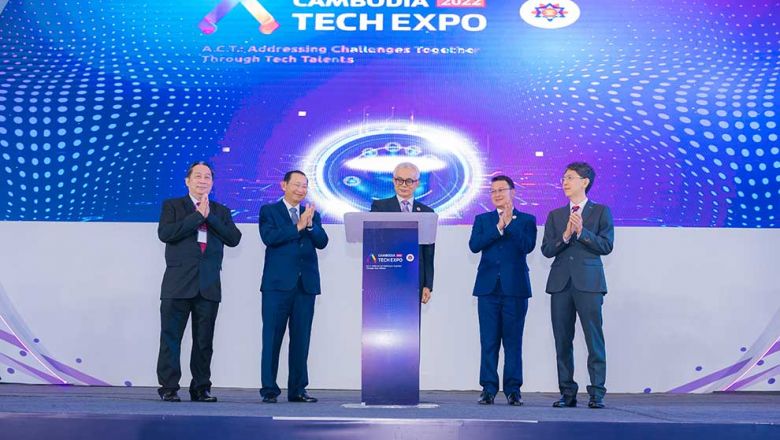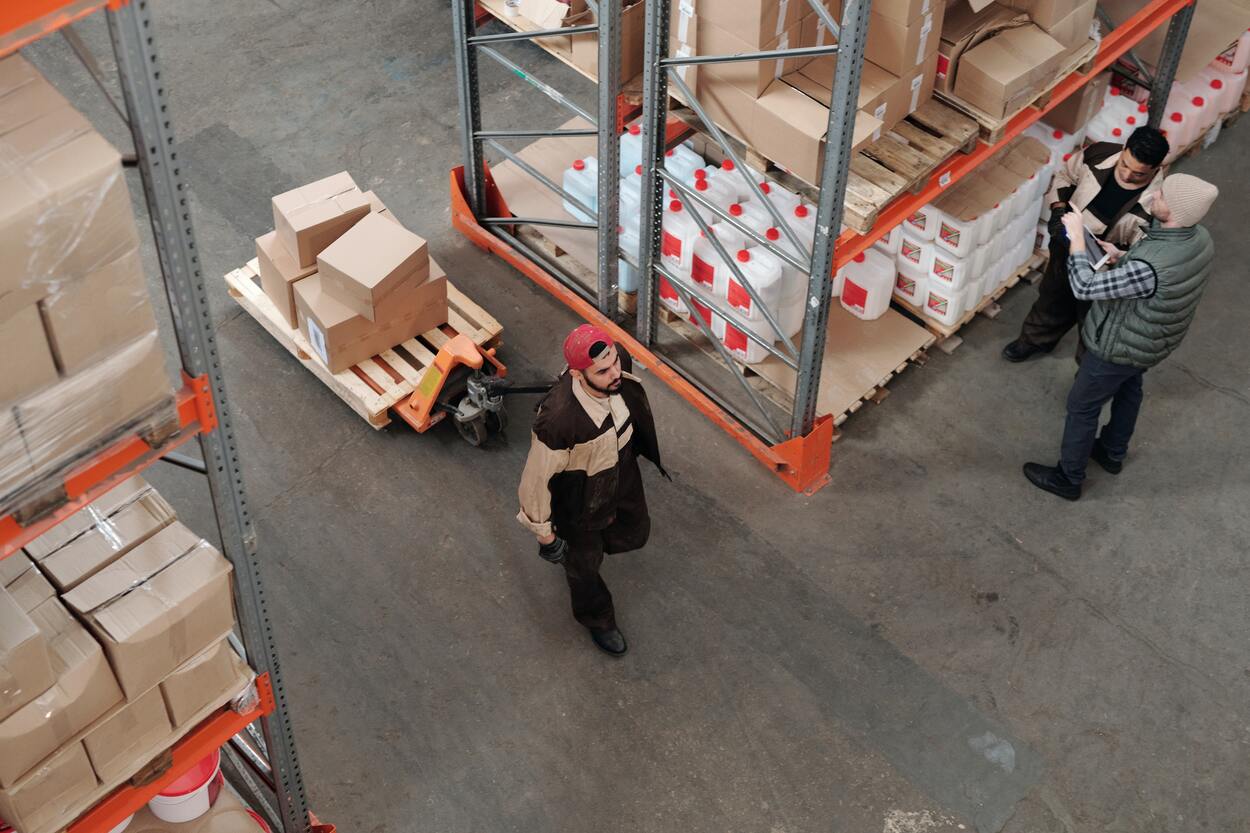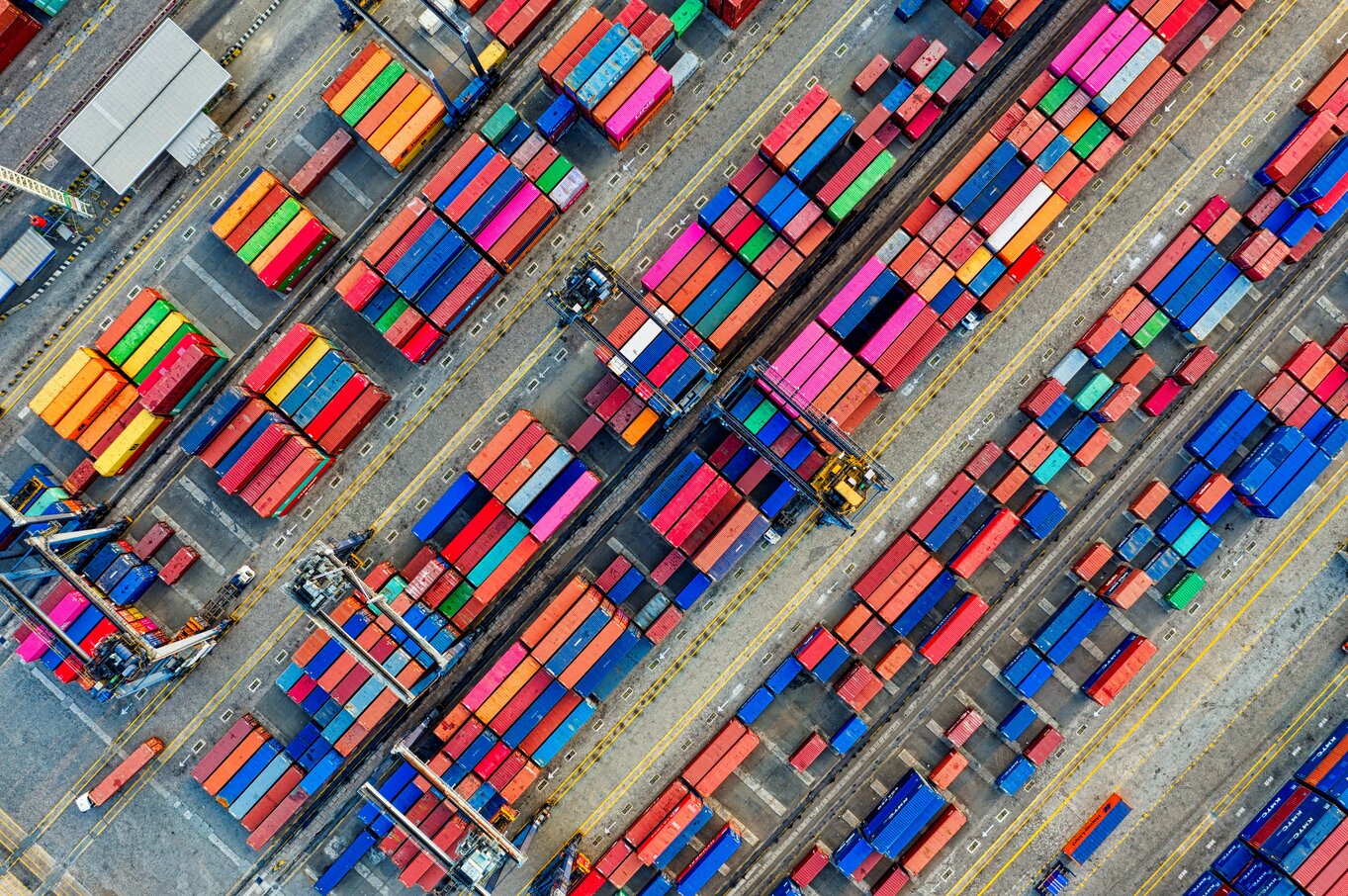BUSINESS activity is picking up across South-east Asia, as governments in the region lift or relax various restrictions put in place to curb the spread of Covid-19.
The S&P Global Asean Manufacturing PMI hit an 11-month high in September, as manufacturing conditions improved at their quickest pace in nearly a year. A report by S&P Global Market Intelligence, released last month, said: "Companies signalled steeper increases in output, new orders, purchasing activity and employment, while business confidence remained historically strong."
Travel-related businesses have also been on the rise since countries around the world reopened their borders, supported by the rise of "revenge travel" and the resumption of meetings, incentives, conferences, and exhibitions.
International visitor arrivals across several Asean countries soared in June, after certain restrictions were lifted. In Indonesia, visitor numbers rose to 345,438, from 16,656 in June 2021, while Malaysia saw visitor count reach 971,574 from 6,459.
Amid this rapid reopening, Maybank Singapore's head of global banking Gregory Seow noted that new opportunities are emerging for companies in the area of sustainability.
The future of travel
A report by Booking.com that surveyed 30,314 individuals across 32 countries and territories found nearly eight in 10 respondents intend to look for low-impact properties to stay in when they travel. This could include locations that feature rainwater harvesting or ground pump heating systems, or that were built using sustainable materials.
More than half of the travellers surveyed said they consider low or zero carbon emissions as a key facet of sustainable travel.
"With more travellers making decisions informed by climate concerns, they are also mindful about how far they travel and how they get there; opting to travel closer to home and choosing public transport, and renting bicycles once there to reduce their carbon footprint," said the report.
This rise in demand for sustainable travel options has not gone unnoticed by countries, especially among South-east Asian nations whose economies are heavily reliant on tourism revenue.
Since 2020, Thailand's Ministry of Natural Resources and Environment has implemented a ban on all single-use plastics within 155 of its national parks.
Within the Asean community, countries have also made continuous efforts towards sustainable tourism. These plans have been outlined in the Asean Tourism Strategic Plans for 2011 to 2015, and for 2016 to 2025.
But the path towards building a more sustainable tourism sector has been fraught with challenges.
In June this year, Indonesian officials ran into local opposition after proposing that visitors to the ancient Borobudur Temple in Java be limited to 15 at a time. Authorities also sought to raise ticket prices from US$25 to US$100, to fund conservation.
When the government announced plans to hike ticket prices for the Komodo National Park in East Nusa Tenggara, hundreds of tourism workers went on strike. Fee hikes for both locations are now on hold.
Furthermore, low-carbon travel cannot come from improvements within the tourism sector alone. It should also be complemented by efforts towards greener energy, which make up the bulk of emissions.
Building alternative energy sources
Corporate clients are also growing more conscious about the sustainability of their supply chains.
This is partly due to new regulations in Europe requiring companies to manage the social and environmental impacts of their supply chains, both within and outside the region. But it is also because investors in large companies increasingly demand some form of environmental, social and corporate governance (ESG) accountability.
Heavy in this ESG equation is a company's source of energy. This is particularly the case across South-east Asia, which still derives much of its energy from non-renewable sources.
According to a report from the International Energy Agency (IEA), published in May this year, South-east Asia's total energy supply expanded by about 80 per cent between 2000 and 2020. Fossil fuels made up about 90 per cent of the growth in energy demand.
Coal-powered energy alone expanded by a factor of six. Coal accounted for over 40 per cent of the region's power generation mix in 2020.
Maybank's Seow noted that most South-east Asian countries are already making moves to improve the proportion of renewables in their energy supply mix.
In October last year, Singapore announced targets to import around 30 per cent of its electricity from low-carbon sources by 2035.
Indonesia followed shortly with plans to retire its coal-fired power plants and meet 85 per cent of its energy needs from renewable resources by 2060.
Vietnam also aims to double its installed wind and solar power generation supply to close to 30 per cent of capacity by 2030.
"While it will take many years and significant governmental support to ramp up clean energy generation to reach global climate goals, increasing awareness and support for the net-zero agenda is accelerating the next wave of green businesses," said Seow.
Green finance is lucrative business
A McKinsey report estimated that a net-zero transition could generate more than US$12 trillion of annual sales by 2030, and a 60 per cent increase in capital spending on physical assets by 2050.
"The green economy all by itself is the fifth-largest industry in the world right now," said Claire Dorrian, head of sustainable finance, capital markets, at the London Stock Exchange Group, in a report by Refinitiv.
"Accordingly, we've seen widespread growth in new funds focused on everything from renewable energy to digital infrastructure assets."
Analysts believe there is much to capture from the renewable energy market in South-east Asia as the world's demand for energy continues to rise amid the Covid-19 recovery.
A record US$627 billion in sustainable infrastructure projects in the renewable energy and nuclear sectors were announced globally in 2021, up from US$275 billion in 2020, according to Refinitiv data in July 2022.
Of these investments, a total of 1,521 renewable and nuclear infrastructure projects were announced - up from 1,365 in 2020 and more than three and a half times the total number of projects launched a decade ago. Perhaps the most significant finding is that solar projects are taking the lead in drawing these investments.
Incidentally, South-east Asia's solar panel industry has recently been given a jab in the arm after the United States announced it would implement a 24-month tariff exemption for solar panel products from several South-east Asian nations.
Given these, Maybank's Seow believes this could be one area investors can tap on within the region.
"Investments in the transition will also improve the countries' overall welfare, such as substantial savings on supply and fuel costs as well as socio-economic gains," he said.
One such key benefit is the creation of new jobs.
An EY study on clean energy projects in eight economies across Asia - Indonesia, Japan, Malaysia, the Philippines, South Korea, Taiwan, Thailand and Vietnam - found that realising these projects could create up to 870,000 jobs in the region.
"The pandemic offers Asian governments a unique opportunity to place the clean energy transition at the centre of policymaking, to drive economic recovery and future growth," said Gilles Pascual, Asean power and utilities leader at EY.
If the South-east Asian region starts addressing the climate crisis today, it can ensure an average of 3.5 per cent of gross domestic product growth per year up to 2070, a Deloitte study found. Its economic benefits from renewable energy and climate action are also likely to amount to US$12.5 trillion by 2070.
Seow hopes that a greater awareness from investors on sustainable models of growth will, in turn, drive higher assets under management, and lead to the development of more diversified products based on sustainable principles for both the retail and corporate investors.
This will help create a pool of funds for banks to tap through sustainable debt issuance, he added.
"South-east Asia's population and economic growth is a key driver of global energy demand in the future decades."
"For Asean to align with the goal of limiting global warming while meeting economic growth needs, we need to take advantage of renewable energy as a multiplier solution, and seek to diversify our energy sources at the same time through leveraging technology."
Source: The Business Times
Read more here
























